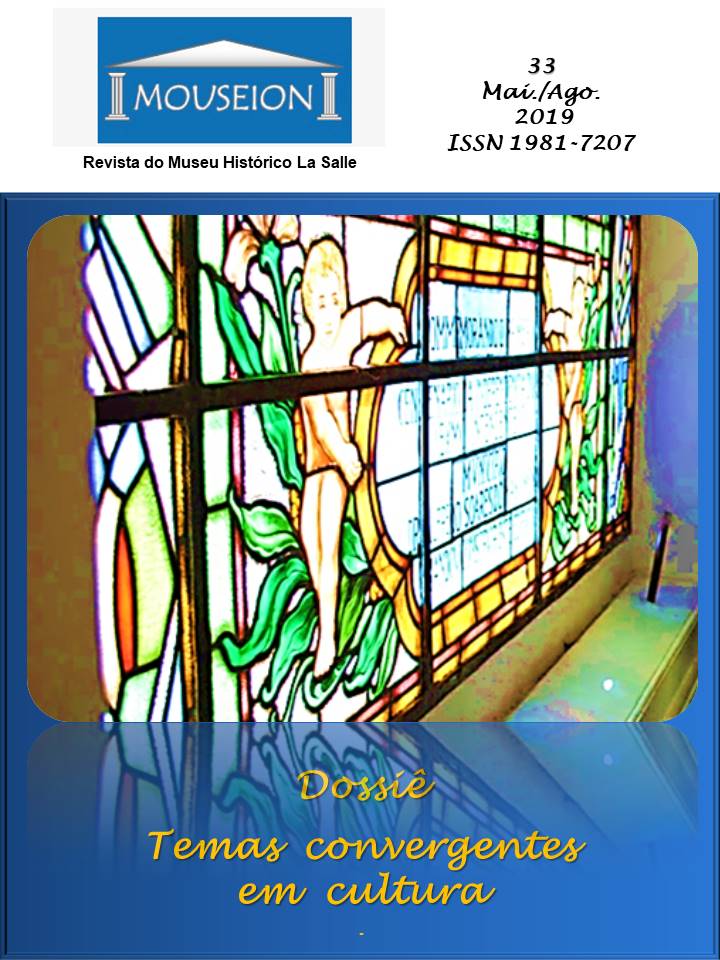Rural pedagogical tourism in Joinville: does it a protection of cultural heritage?
DOI:
https://doi.org/10.18316/mouseion.v0i33.5271Keywords:
Heritage, Tourism, Projeto Viva CirandaAbstract
Joinville has rural tourism initiatives since the 1990s. The paper aims to historicize, analyze and problematize the so-called “Projeto Viva Ciranda” (PVC). Adjectivized by the municipal public power as a project of pedagogical tourism in rural space, we aim, firstly, to reflect on the meanings of this categorization and the pedagogical character that it arouses. In order to mobilize ideas associated with rural patrimony, in the second stage, we seek to verify within the scope of the project whether (and how) the rural patrimony is triggered, valued and to what extent this drive contributes to its protection and repercussion in the teaching-learning processes. The methodologies used were bibliographic and documentary research, observations in loco, where the information was recorded in a field notebook, and oral history. It was verified that visits of groups of students to pedagogical properties disconnected from the dynamics of teaching-learning do not become effective as a model of pedagogical tourism. On the other hand, for owners, whose properties integrate the activities, the project contributes to the protection of what they conceive as rural patrimony.Downloads
Published
2019-09-24
Issue
Section
Artigos / Ensaios
License
Authors must submit their manuscripts to be published in this journal agree with the following terms:
Authors maintain the copy rights and concede to the journal the right of first publication, with the paper simultaneously licensed under the License Creative Commons attribution that permits the sharing of the paper with recognition of authorship and initial publication in this journal.
Since the articles are presented in this journal of public access, they are of free use, with their own attributions for educational and non-commercial purposes.


